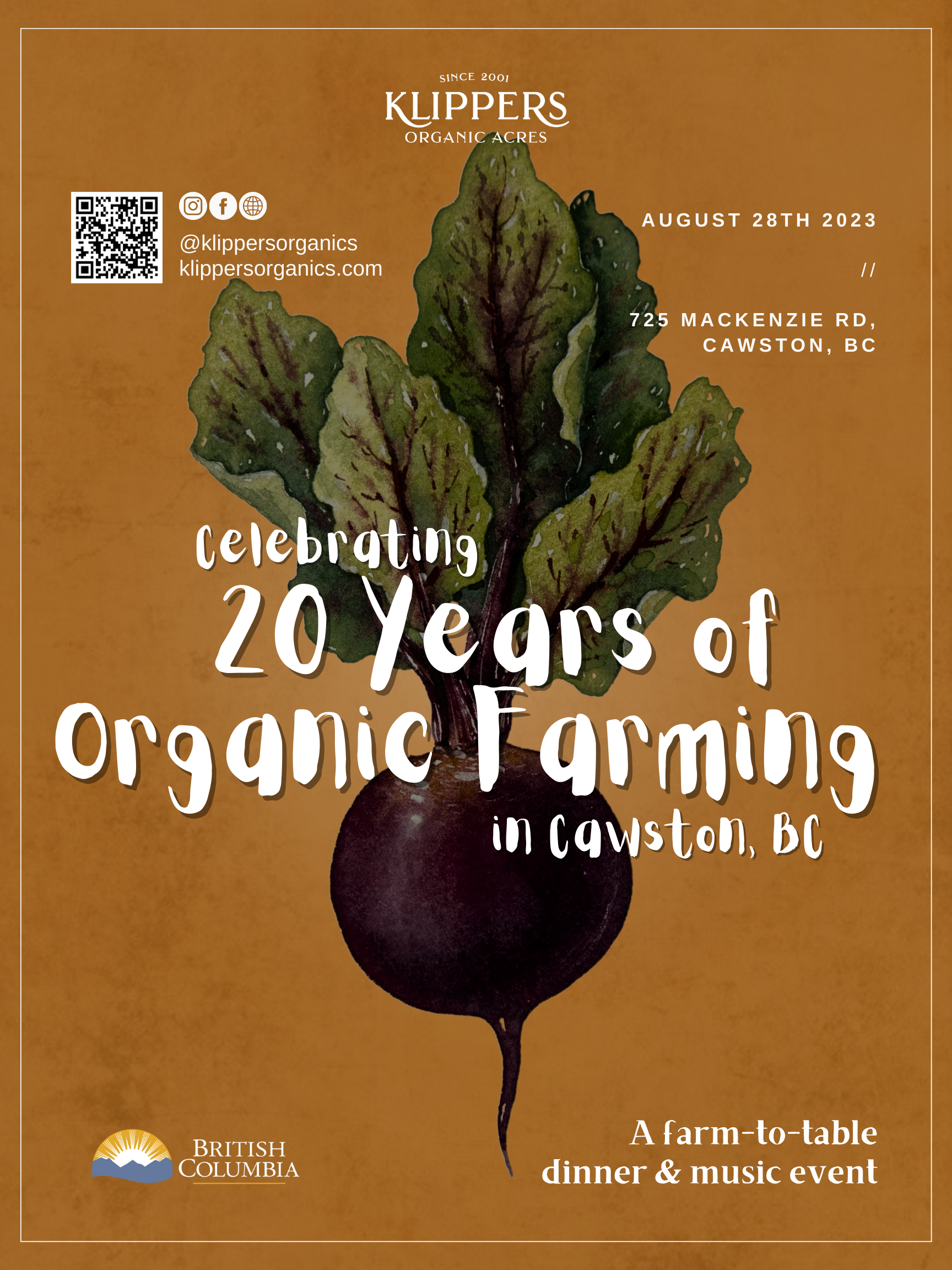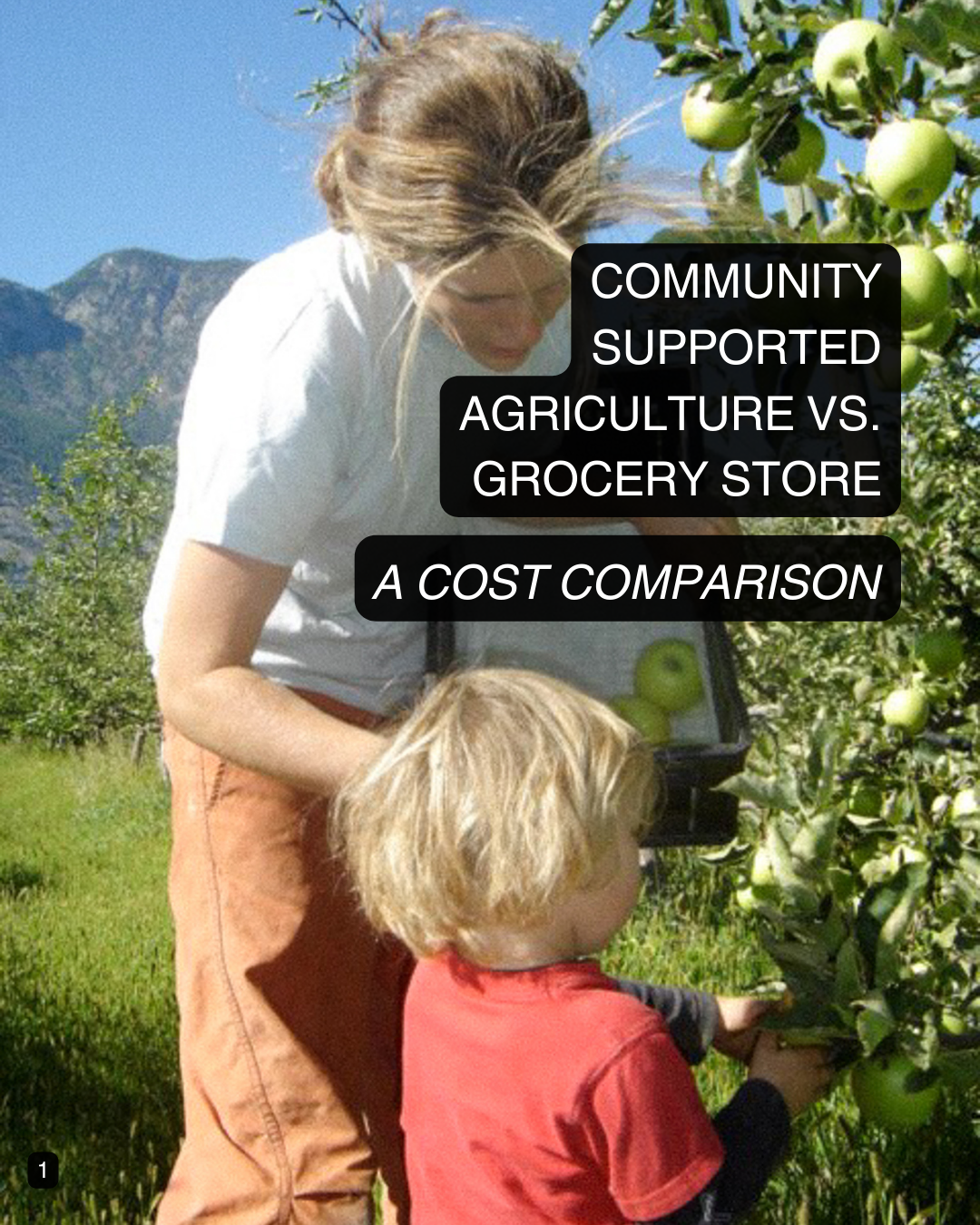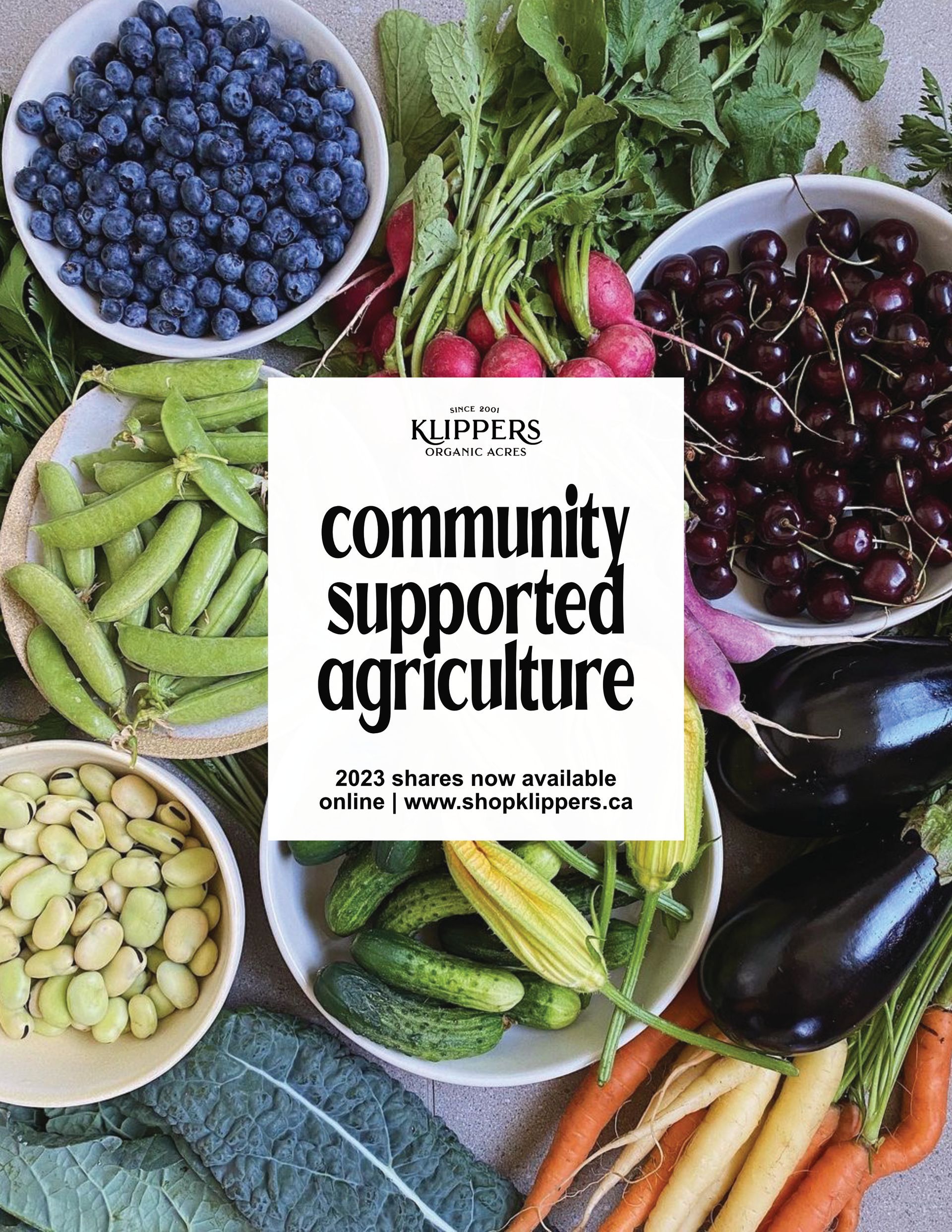Raising Bread: All About Row Fourteen’s Naturally Leavened 5-Gain Sourdough | Part 2 of 2
If you’ve been following our blog updates, you will have already read all about Row Fourteen’s Sourdough ingredients and a bit about what makes this bread so special. For more information on how Row Fourteen makes its authentic, natural, and organic sourdough, continue reading!
The Method
The method of making this sourdough is a delicate 3-day process. According to Jacob (Row Fourteen Sous Chef) “She (the bread) works hard and requires a lot of rest throughout the process.”
Here’s how they do it!
Day 1: Make the levain (flour, water, and a bit of the
mother) which acts as the main rising agent for the sourdough. Let the levain let it rest.
Day 2: Mix the levain gently with the rest of the ingredients for the autolyse process (where the mother innoculates the dough). After this, the dough rests for approximately one hour before some sea salt is mixed in for more of a hard mix. After the hard mix is complete, the dough goes into a rest and fold process for awhile. The next step is the pre-shape step, before once again, resting. Lastly, the dough is shaped and placed in a basket where it will (you guessed it!) rest overnight.
Day 3: Wake up early, bake, bring to market, & enjoy… :)
Why Eat Sourdough?
When made naturally, artisanal sourdough bread is, by its very nature, a healthier bread choice. Here are some reasons why:
- Made from wheat, sourdough bread is fermented in a way that fosters more beneficial bacteria in the bread and, therefore, fuels the production of good bacteria in your gut when you eat it. Because of this, natural sourdough is much easier for the body to digest.
- Authentic sourdough bread is better for your blood sugar (ie. it has a lower glycemic index) compared to many other types of bread. Because sourdough is fermented in a way that depletes bad starches within it, eating artisan sourdough won’t cause your blood sugar to rise as drastically as other breads might. Actually, upon consuming good sourdough, the bacteria-to-yeast composition begins to breakdown the starches before the bread even reaches your stomach!
- Good sourdough is much better for those with gluten-sensitivities. This is because the longer prep time for sourdough bread (ie. the extensive soaking, rinsing, and other preparation steps) means that much of the protein gluten is broken down into amino acids before you consume it.
- Compared to other breads, sourdough maintains many of the original nutrients that are typically lost in the bread-making process. In contrast, good sourdough contains a variety of vitamins and nutrients including small to moderate amounts of iron, manganese, calcium, B1-B6, B12, folate, zinc, potassium, thiamin, niacin, riboflavin, selenium, iron, manganese, magnesium, phosphorus, and vitamin E.
- Good artisan sourdough tastes so goooood!
Missed Part 1 of this Raising Bread series? No worries! Find this and other blog posts here at
https://www.klippersorganics.com/blog
Need a reminder of where you can find this magnificent bread? Find Row Fourteen’s five grain sourdough at…
- Farmer’s Markets attended by Klippers Organics (make sure to follow @klippersorganics on Facebook and Instagram for updates)
- Klippers Marketplace & Cafe | 625 McKenzie Rd, Cawston BC
- Row Fourteen– available as part of a harvest meal or as an appetizer at Row Fourteen (make sure to follow @rowfourteen on Facebook and Instagram for hours and menu options)
Thanks for reading!

















